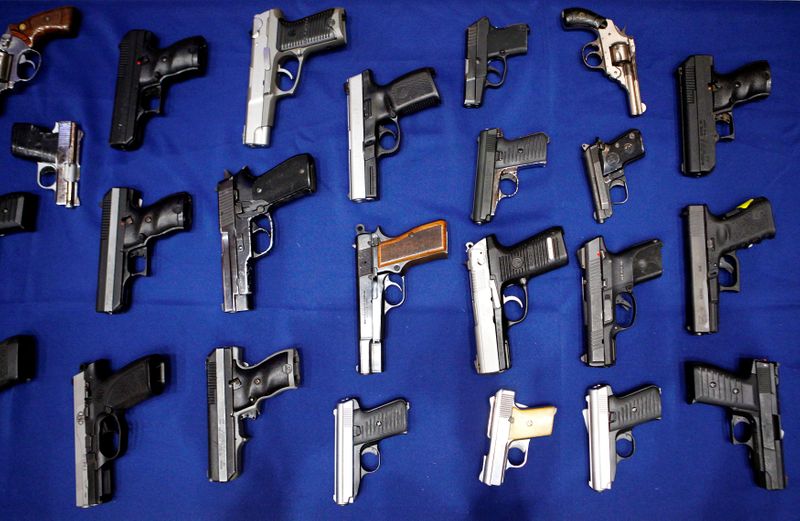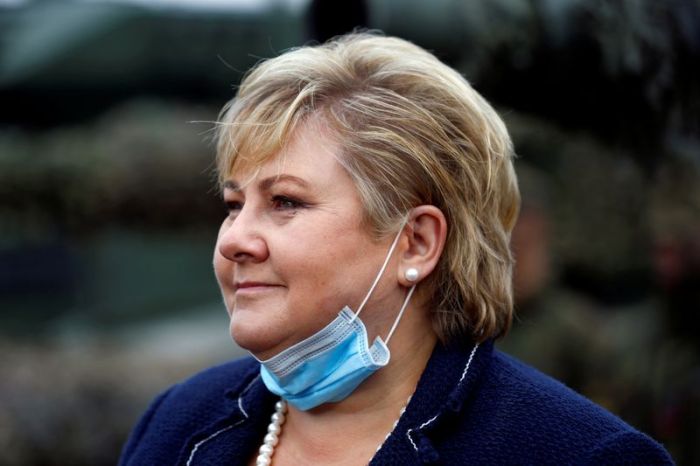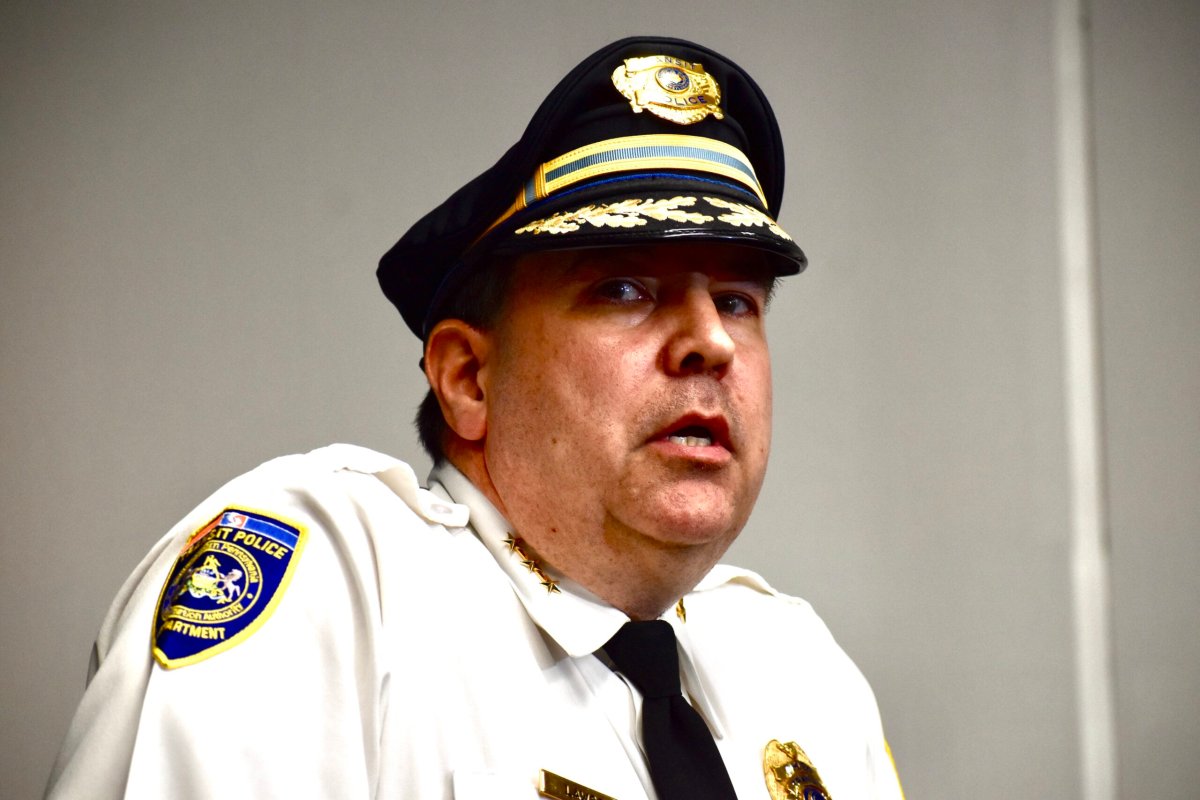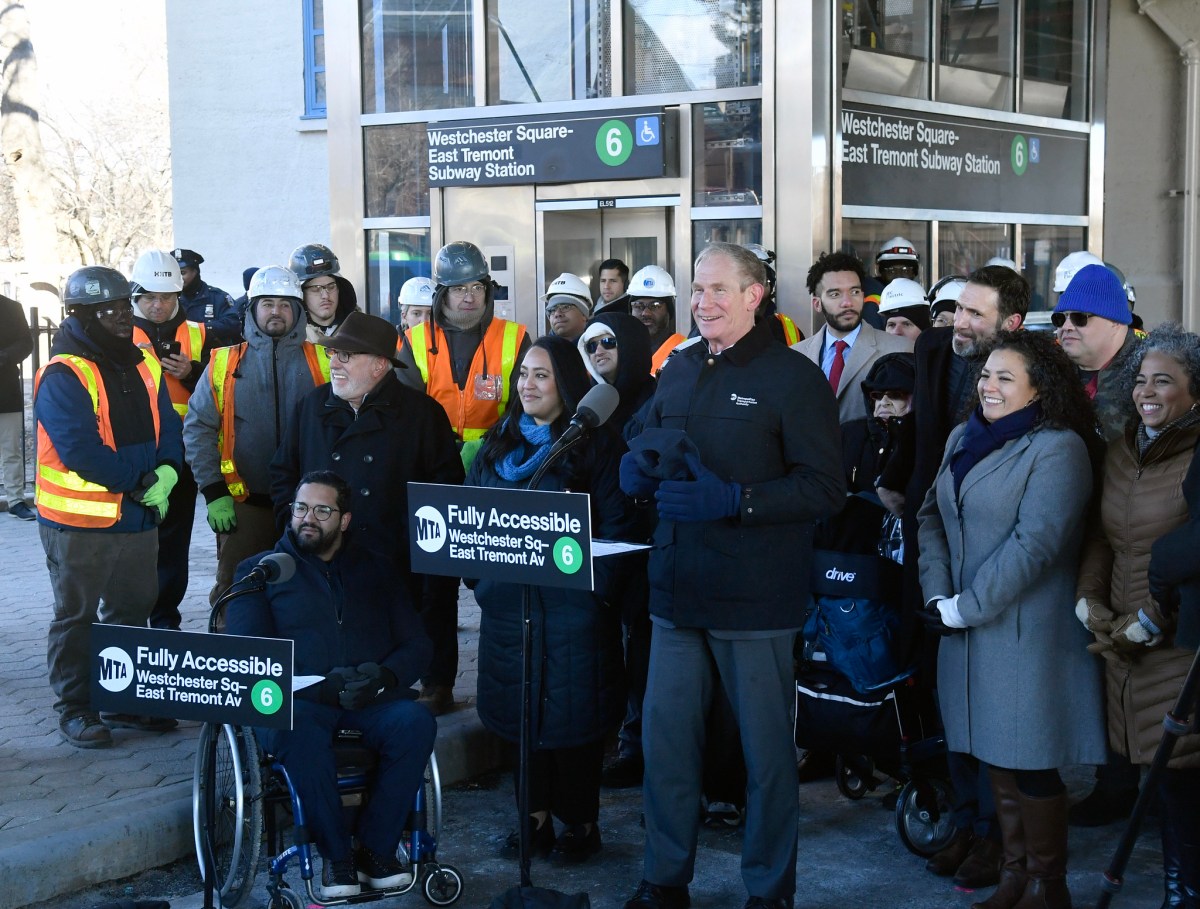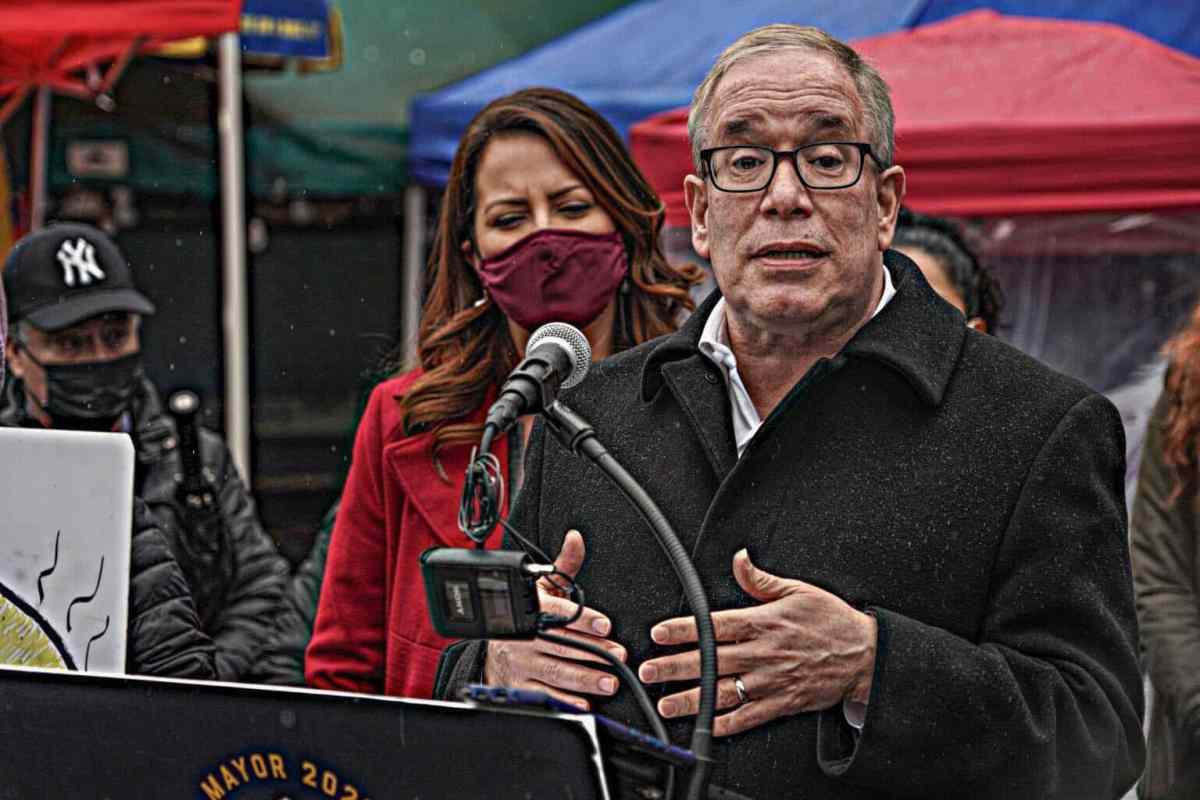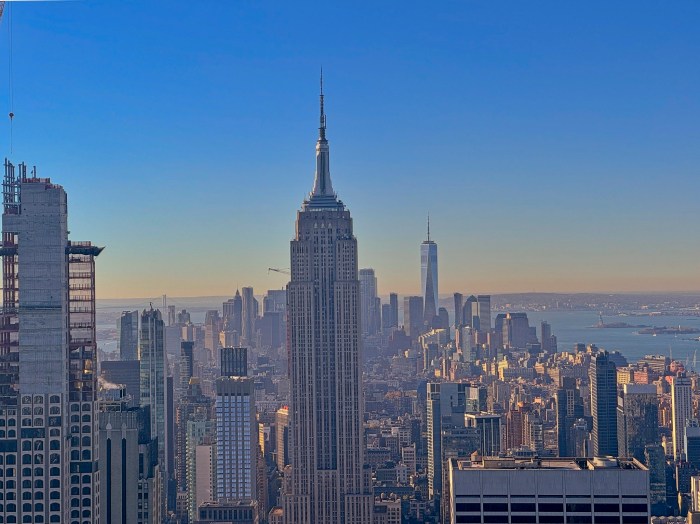(Reuters) -The U.S. Supreme Court stepped back into the heated debate over gun rights on Monday, agreeing to hear a challenge backed by the National Rifle Association to New York state’s restrictions on people carrying concealed handguns in public in a case that could further undermine firearms control efforts nationally.
The justices took up an appeal by two gun owners and the New York affiliate of the NRA, an influential gun rights group closely aligned with Republicans, of a lower court ruling throwing out their challenge to the restrictions on concealed handguns outside the home.
Lower courts rejected the argument made by the plaintiffs that the restrictions violated the U.S. Constitution’s Second Amendment right to keep and bear arms. The lawsuit seeks an unfettered right to carry concealed handguns in public.
The case could lead to the most consequential ruling on the Second Amendment’s scope in more than a decade. The court’s 6-3 conservative majority is seen as sympathetic to an expansive view of Second Amendment rights.
Gun control advocates are concerned that the conservative justices could create a standard for gun control that could imperil existing policies at the state level including expanded criminal background checks for gun buyers and “red flag” laws targeting the firearms of people deemed dangerous by the courts.
A state firearms licensing officer had granted the two gun owners “concealed carry” permits but restricted them to hunting and target practice, prompting the legal challenge.
The U.S. debate over gun control has intensified following a spate of recent mass shootings. A day after an April 15 shooting in Indianapolis in which a gunman killed eight employees at a FedEx facility and then himself, President Joe Biden called U.S. gun violence a “national embarrassment.”
Biden, a long-time gun control advocate, has taken some steps to tighten federal firearms regulations. But major policy changes would require congressional passage. Senate Republicans stand in the way of Democratic-backed gun control measures already passed in the House of Representatives.
The New York case centers on a state law that requires a showing of “proper cause” for carrying concealed handguns. Under it, residents may obtain licenses restricted to hunting and target practice, or if they hold jobs such as a bank messenger or correctional officer.
To carry a concealed handgun without restriction, applicants must convince a firearms licensing officer that they have an actual, rather than speculative, need for self-defense.
The New York State Rifle and Pistol Association and two of its members, Robert Nash and Brandon Koch, sued in federal court. The men said they do not face any unique danger but want carry a handgun for self-defense.
‘RIGHT TO DEFEND OURSELVES’
“We’re confident that the court will tell New York and the other states that our Second Amendment right to defend ourselves is fundamental, and doesn’t vanish when we leave our homes,” said Jason Ouimet, executive director of NRA’s Institute for Legislative Action.
New York Attorney General Letitia James said her office intends to show that the state’s law complies with the Second Amendment, adding, “We will vigorously defend any challenge to New York state’s gun laws that are intended to protect public safety.”
The Supreme Court in a landmark 2008 ruling recognized for the first time an individual’s right to keep guns at home for self-defense, and in 2010 applied that right to the states. The plaintiffs in the New York case asked for that right to be extended beyond the home.
A ruling invalidating New York’s law could imperil similar laws in other states setting criteria for a concealed-carry license. Seven other states and the District of Columbia impose restrictions that give authorities more discretion to deny concealed firearm permits.
The justices will hear the case during their next term, which begins in October, with a ruling due by the end of June 2022.
(Reporting by Andrew Chung in New York; Editing by Will Dunham)

